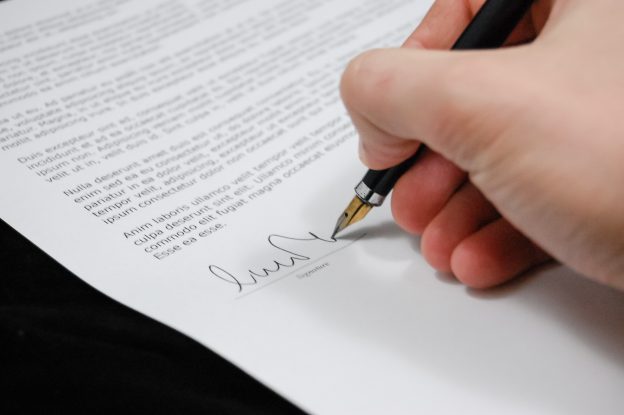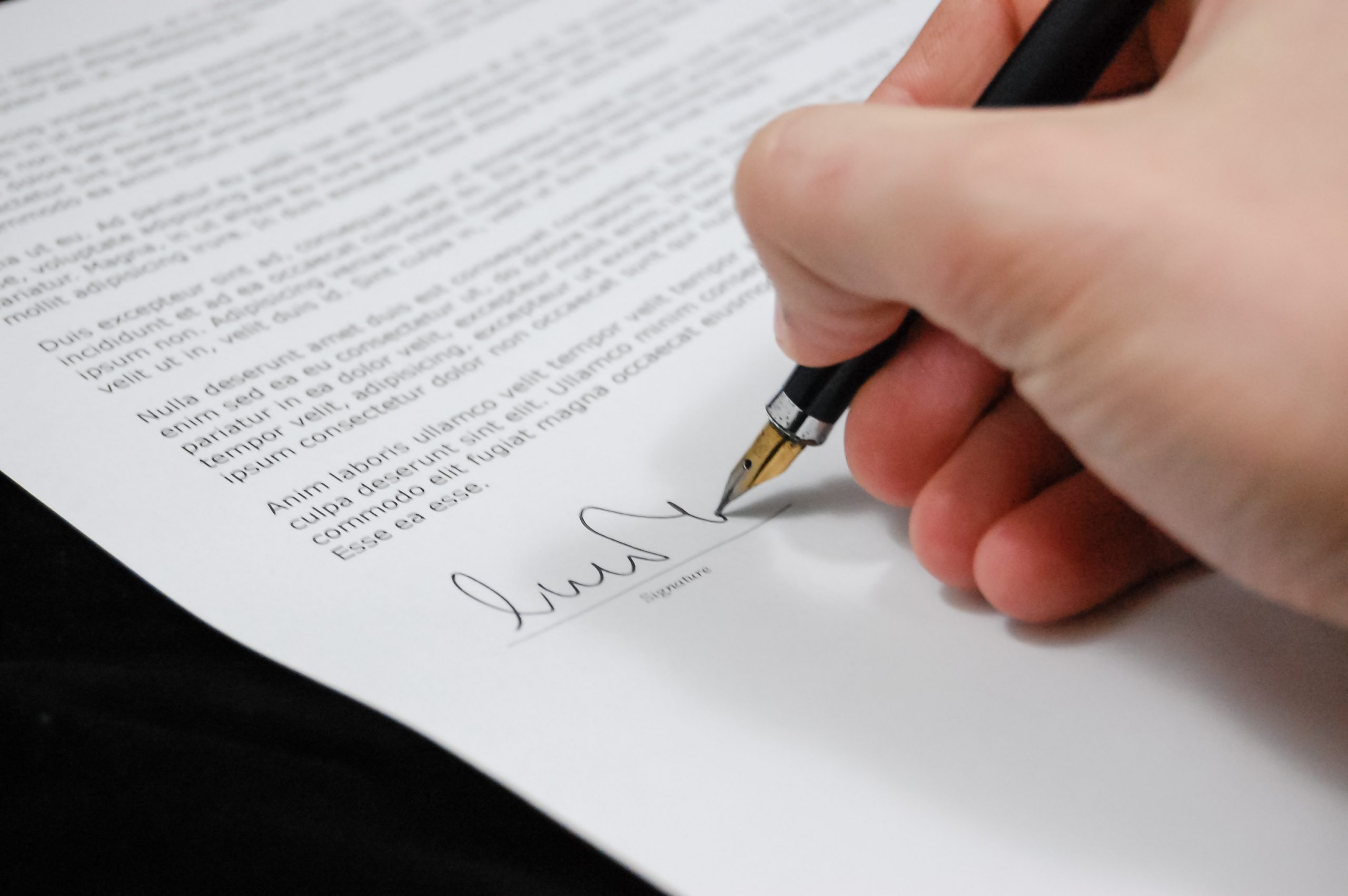When it comes to filing a warranty claim appeal, understanding the process and following the necessary steps is crucial. Whether you are a business owner or an individual seeking compensation for a defective product, navigating the intricacies of the warranty claim process can be challenging. In this article, we will provide you with a comprehensive overview of the warranty claim appeal process, guiding you through the steps you need to take and answering some frequently asked questions along the way. By the end of this article, you will have a clearer understanding of how to navigate this complex procedure and how to obtain the compensation you rightfully deserve.
Understanding the Warranty Claim Appeal Process
A warranty claim appeal process refers to the steps taken by a consumer or business owner to challenge the denial of a warranty claim. When a warranty claim is denied by the manufacturer or the warranty provider, it can be frustrating and financially burdensome. However, the appeal process provides an opportunity for the claimant to contest the denial and seek a resolution.
1. What is the Warranty Claim Appeal Process?
Definition of a Warranty Claim
A warranty claim is a request made by a consumer or business owner to the manufacturer or warranty provider for repair, replacement, or reimbursement of a defective product. It is a way to enforce the warranty agreement between the parties involved.
Overview of the Warranty Claim Process
The warranty claim process typically involves the submission of a claim, review by the manufacturer or warranty provider, and a decision on whether to approve or deny the claim. If the claim is denied, the claimant has the option to initiate a warranty claim appeal.
When to Consider an Appeal
An appeal should be considered when a warranty claim has been denied and the claimant believes that the denial was unjustified or based on incorrect information. It is important to carefully review the denial notice and assess whether there are valid grounds for an appeal.
2. Why would a Warranty Claim be Denied?
Common Reasons for Warranty Claim Denial
Warranty claims can be denied for various reasons, including but not limited to:
-
Failure to meet warranty requirements: If the claimant fails to comply with the terms and conditions specified in the warranty agreement, such as misuse or improper maintenance of the product, the claim may be denied.
-
Expiration of warranty period: If the warranty has expired, the claim will likely be denied as the warranty coverage is no longer in effect.
-
Lack of supporting documentation: Insufficient or incomplete documentation, such as proof of purchase or evidence of the defect, can lead to the denial of a warranty claim.
Understanding the Manufacturer’s Responsibilities
Manufacturers have certain responsibilities under warranty agreements, which include repairing or replacing defective products within a specified period. However, they also have the right to deny claims that do not meet the warranty requirements.
Importance of Comprehensive Documentation
To increase the chances of a successful warranty claim or appeal, it is crucial to maintain comprehensive documentation. This includes records of purchase, invoices, photographs or videos of the defect, communication with the manufacturer or warranty provider, and any other relevant information that supports the claim.
3. When to Initiate a Warranty Claim Appeal?
Reviewing the Denial Notice
Upon receiving a denial notice, it is essential to carefully review the reasons stated for the denial. Understanding the basis of the denial will help determine whether it is worth pursuing an appeal.
Statute of Limitations for Appeals
Each warranty claim appeal process has a specific timeframe within which the appeal must be initiated. It is important to be aware of the statute of limitations and ensure that the appeal is filed within the prescribed time limit.
Importance of Timely Action
To increase the chances of a successful appeal, it is crucial to initiate the appeal process promptly. Delaying the appeal may result in the loss of rights and the inability to seek the resolution desired.
4. Steps to File a Warranty Claim Appeal
Reviewing the Warranty Terms and Conditions
Before filing a warranty claim appeal, it is important to revisit the terms and conditions outlined in the warranty agreement. Familiarize yourself with the requirements, limitations, and procedures for appealing a denied claim.
Gathering Supporting Documentation
Prepare a comprehensive file of all relevant documentation that supports your appeal. This includes any new evidence that addresses the reasons for the denial, such as expert opinions, additional photographs or videos, or testimonials from other customers experiencing similar issues.
Writing an Effective Appeal Letter
Craft a well-written and concise appeal letter that clearly explains the grounds for the appeal and references the relevant warranty agreement clauses. Provide a detailed explanation of why the denial was unjustified and present any new or overlooked evidence that supports your claim.
5. Reviewing the Manufacturer’s Response
Possible Outcomes of the Appeal
Once the appeal has been submitted, the manufacturer or warranty provider will review the claim and respond with their decision. Possible outcomes include:
-
Approval of the appeal: If the appeal is successful, the warranty claim will be accepted, and the manufacturer will provide the appropriate resolution, such as repair, replacement, or reimbursement.
-
Modification of the original decision: The manufacturer may modify their original decision and offer a compromise or partial resolution.
-
Upholding the denial: In some cases, the manufacturer or warranty provider may uphold their original denial, leaving the claimant with limited options.
Negotiating a Settlement
If the appeal is partially successful or the original decision is modified, the claimant may have the opportunity to negotiate a settlement with the manufacturer. This may involve additional repairs, partial reimbursement, or other mutually agreed-upon resolutions.
Escalating the Appeal if Necessary
If the manufacturer’s response is unsatisfactory or the appeal is denied again, it may be necessary to escalate the appeal to a higher authority. This could involve contacting regulatory agencies, seeking legal advice, or exploring alternative dispute resolution methods.
6. The Role of Mediation in Warranty Claim Appeals
Introduction to Mediation
Mediation is a voluntary and confidential process in which a neutral third party, called a mediator, facilitates discussions between disputing parties to reach a mutually acceptable resolution. In the context of warranty claim appeals, mediation can provide an alternative to litigation.
Benefits of Mediation in Resolving Warranty Disputes
Mediation offers several benefits, including:
-
Cost-effective: Mediation is often more cost-effective than litigation as it avoids lengthy court proceedings and legal fees.
-
Time-efficient: Mediation typically takes less time than litigation, allowing for a quicker resolution.
-
Preserves business relationships: Mediation promotes open communication and collaboration, helping to preserve business relationships that may be strained by a warranty dispute.
Finding a Qualified Mediator
To ensure a successful mediation process, it is crucial to find a qualified mediator experienced in handling warranty claim appeals. Consulting with an experienced warranty claim attorney can provide guidance in selecting a mediator who specializes in this area.
7. Litigation as a Last Resort
When to Consider Legal Action
If all other avenues fail to resolve the warranty claim dispute, it may be necessary to consider legal action. This option should be considered as a last resort, as litigation can be time-consuming, costly, and uncertain.
Costs and Risks of Warranty Claim Lawsuits
Filing a lawsuit for a warranty claim appeal comes with certain costs and risks. These include attorney fees, court fees, potential delays, adverse outcomes, and strain on business relationships. It is essential to weigh the potential benefits against these potential drawbacks before pursuing litigation.
Choosing an Experienced Warranty Claim Attorney
When contemplating litigation for a warranty claim appeal, it is crucial to seek the guidance of an experienced warranty claim attorney. They can assess the strength of the case, provide legal advice, represent your interests in court, and advocate for a favorable outcome.
8. Frequently Asked Questions – Warranty Claim Appeals
What is the typical duration of the warranty claim appeal process?
The duration of the warranty claim appeal process can vary depending on various factors, such as the complexity of the case and the response time of the manufacturer. On average, the process can take anywhere from a few weeks to several months.
Can I still file an appeal if my warranty has expired?
In most cases, warranty claim appeals must be initiated within the designated period specified in the warranty agreement. If the warranty has expired, it may no longer be possible to file an appeal. However, consulting with a warranty claim attorney is recommended to explore any potential options.
Can I handle a warranty claim appeal on my own or do I need a lawyer?
While it is possible to handle a warranty claim appeal on your own, it is advisable to consult with a warranty claim attorney. They can provide legal expertise, guide you through the process, ensure your rights are protected, and increase the chances of a successful appeal.
How can I prove that the manufacturer is at fault for the product defect?
To prove that the manufacturer is at fault for a product defect, comprehensive documentation is crucial. This includes evidence of the defect, expert opinions, industry standards, and any other relevant information that supports your claim. A warranty claim attorney can help gather and present this evidence effectively.
Is there a maximum limit for warranty claim appeals?
The maximum limit for warranty claim appeals depends on the terms and conditions outlined in the warranty agreement and applicable laws. It is essential to review the warranty agreement or consult with a warranty claim attorney to determine any limitations on the number of appeals allowed.
10. Contact a Warranty Claim Appeal Attorney
If you are facing challenges with a denied warranty claim and are in need of guidance and legal representation, contact our experienced warranty claim appeal attorney today. Our dedicated team has a wealth of knowledge and experience in handling warranty claim appeals, and we are ready to assist you in seeking the resolution you deserve. Call us now for a consultation and let us navigate the legal complexities on your behalf.
[FAQs]
-
What is the typical duration of the warranty claim appeal process? The typical duration of the warranty claim appeal process ranges from a few weeks to several months, depending on the complexity of the case and the manufacturer’s response time.
-
Can I still file an appeal if my warranty has expired? In most cases, warranty claim appeals need to be initiated within the specified period mentioned in the warranty agreement. If the warranty has expired, it might no longer be possible to file an appeal. However, consulting with a warranty claim attorney can help explore any potential options.
-
Can I handle a warranty claim appeal on my own or do I need a lawyer? While you can handle a warranty claim appeal on your own, it is advisable to seek the assistance of a warranty claim attorney. They can provide legal expertise, guide you through the process, protect your rights, and increase the chances of a successful appeal.
-
How can I prove that the manufacturer is at fault for the product defect? To prove that the manufacturer is at fault for a product defect, comprehensive documentation is vital. This includes evidence of the defect, expert opinions, industry standards, and any other relevant information that supports your claim. A warranty claim attorney can help gather and present this evidence effectively.
-
Is there a maximum limit for warranty claim appeals? The maximum limit for warranty claim appeals varies based on the terms and conditions stipulated in the warranty agreement and relevant laws. Reviewing the warranty agreement or consulting with a warranty claim attorney can help determine any limitations on the number of appeals allowed.






